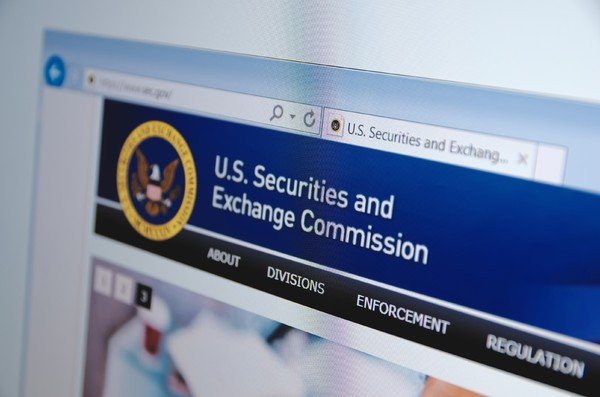The Quick Guide to ICO Legal Regulations
Initial coin offering regulations tend to be a thorny issue. While some countries, like Australia and the United States, allow ICOs as long as they behave themselves and others like the United Kingdom are taking a "wait and see approach,” there are also countries like China and South Korea that have banned ICOs.
The nature of these financial instruments, which, for the most part, constitute a workaround to established regulatory processes, have forced many nations to deal with the realities of altcoins, even while they may be simultaneously considering ways to incorporate blockchain technology into their own processes.
Here's a look at the legality of ICOs around the world.

Why the World Is Worried about ICOs
An ICO is a crowdsale wherein a company sells interests in a blockchain-enabled project by selling tokens or altcoins. Having these tokens confers an ownership stake in the project, a share of the project’s profits, exclusive access to the project’s products or services, or some other conveyance of interest. Typically, these coins can be traded in the after-ICO market.
Many nations are concerned because ICOs were created to overcome the regulatory requirements to which new business funding is typically subject. Instead of going through the due diligence, regulatory loops, fiduciary requirements, and time commitment an ordinary initial public offering requires, a blockchain entrepreneur can put together a proposal and can create a crowdsale seeking seed funding that can conclude in a matter of minutes without having to be vetted by a government or banking authority.
While this offers funding opportunities for businesses that may otherwise be ineligible for traditional funding, it also opens up a channel to possible fraud. The United States’ SEC has alleged that public companies may have been engaged in “pump-and-dump” schemes to manipulate market prices, for example.
China and South Korea have both made the claim that scammers have been using ICOs to defraud investors. This claim has been particularly detrimental coming from China, since, prior to the ban, China had the largest concentration of altcoin miners and altcoin users.
A large number of countries have taken the position of codifying adherence to anti-money laundering/know your customer (AML/KYC) practices into laws and requiring additional regulations and oversight, including registrations, consumer warnings, and disclosure statements. Also, nations have started to recognize ICOs that deal with property transfers or fiat currencies as securities that must be regulated like any other non-ICO security.

Faith in a Wary World
This is not to say that every country is anti-ICO. There is a growing trend that argues that ICOs may be overly-exposed to irrelevant regulations due to ICOs’ unregulated status. This is the case in Wyoming in the United States, where blockchain businesses that do business with Wyoming residents and businesses must have 25 percent of the value of all exchanges transmitted in or to Wyoming in deposit in Wyoming. It is being argued that this is causing a chilling effect on new ICO development.
The Isle of Man and Switzerland have taken the lead in seeking to close the regulatory loopholes. These countries have indicated that they are willing to be the vanguard of a new economy and become leaders in the ICO world.
Many of the regulations regarding ICOs are currently works in progress and are likely to change regularly. You can check Bitcoin Market Journal’s global legality chart to see regular updates regarding the current status of ICOs worldwide. You can also stay in the know by subscribing to the Bitcoin Market Journal newsletter.
An unregulated means by which funds are raised for a new cryptocurrency venture. An Initial Coin Offering (ICO) is used by startups to bypass the rigorous and regulated capital-raising process required by venture capitalists or banks.
As long as it stays this way, ICOnhas a bright future.